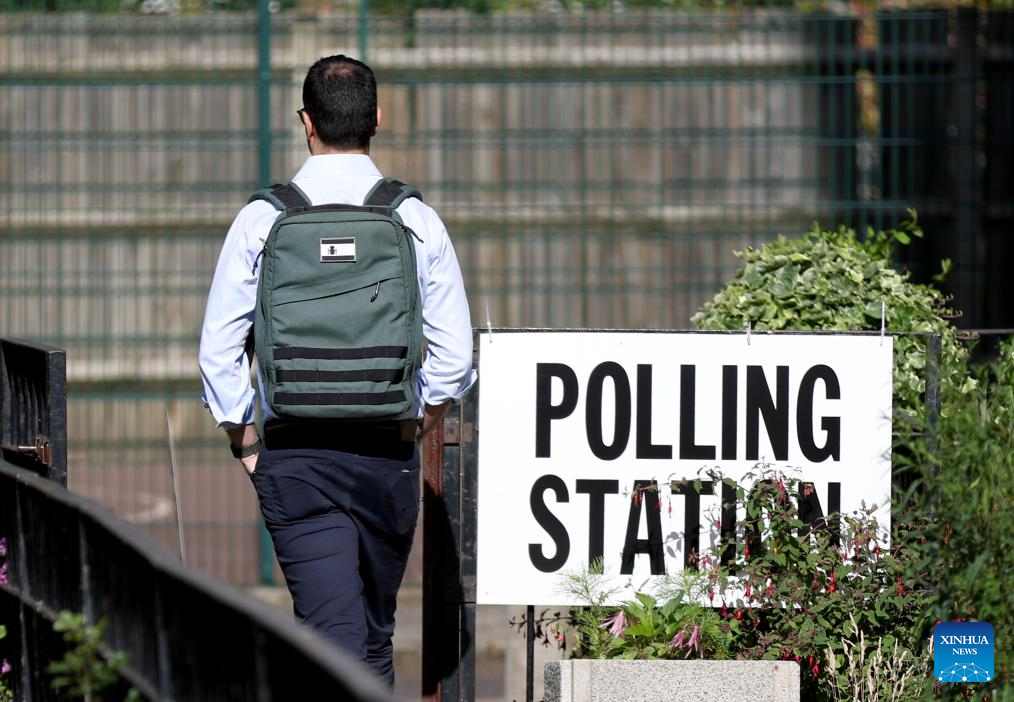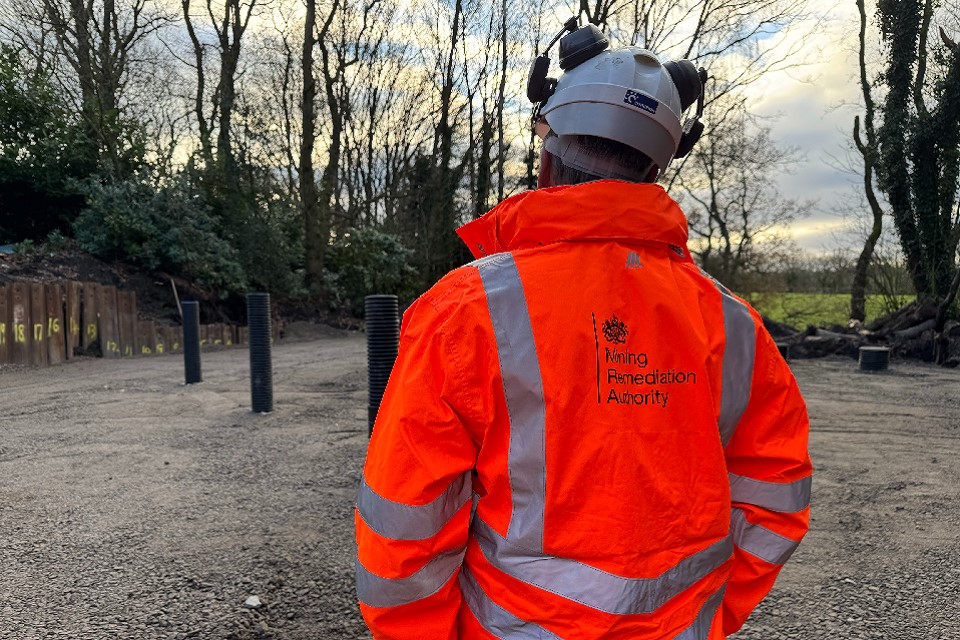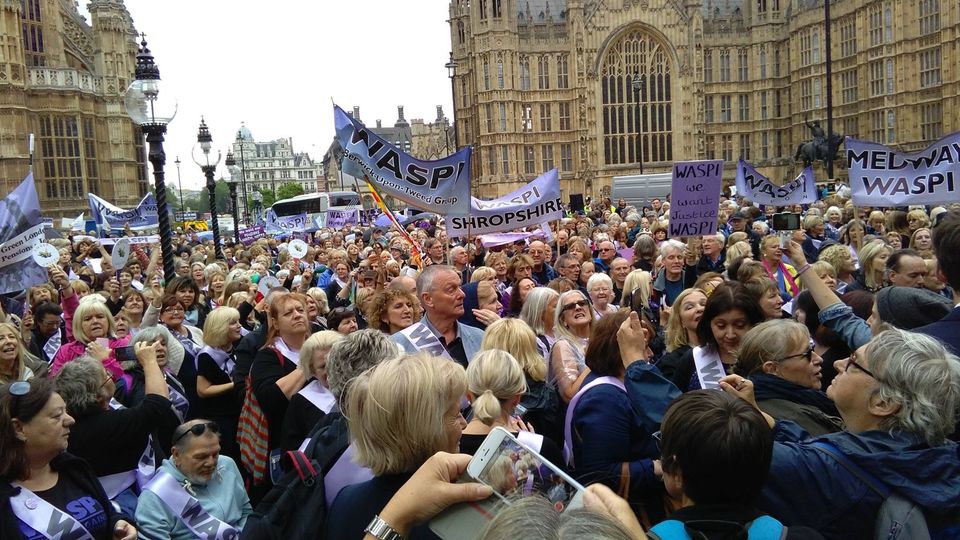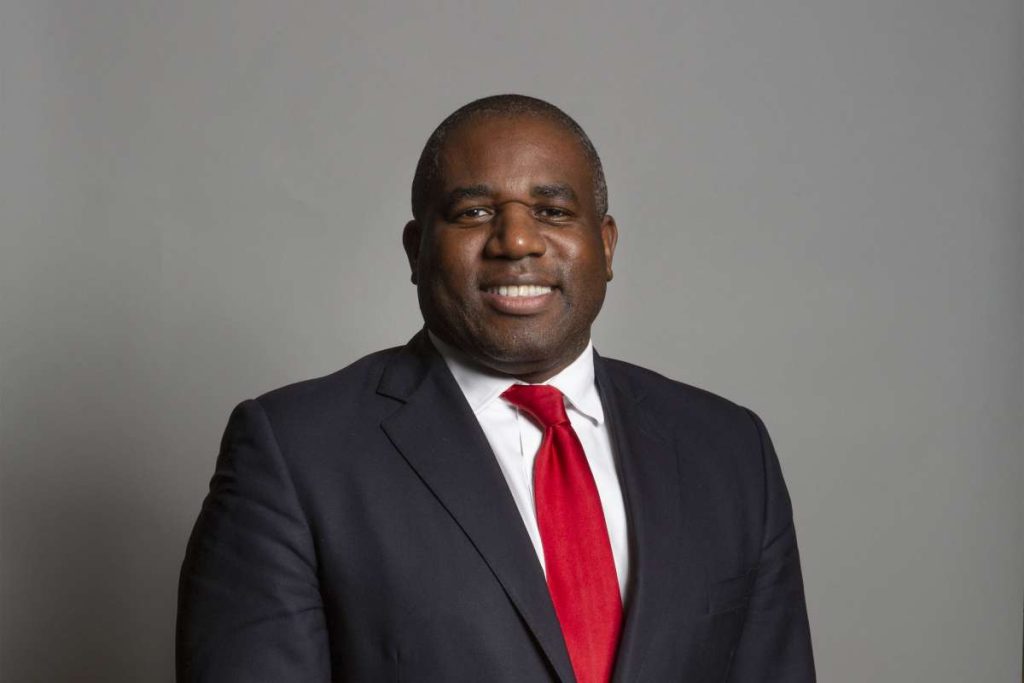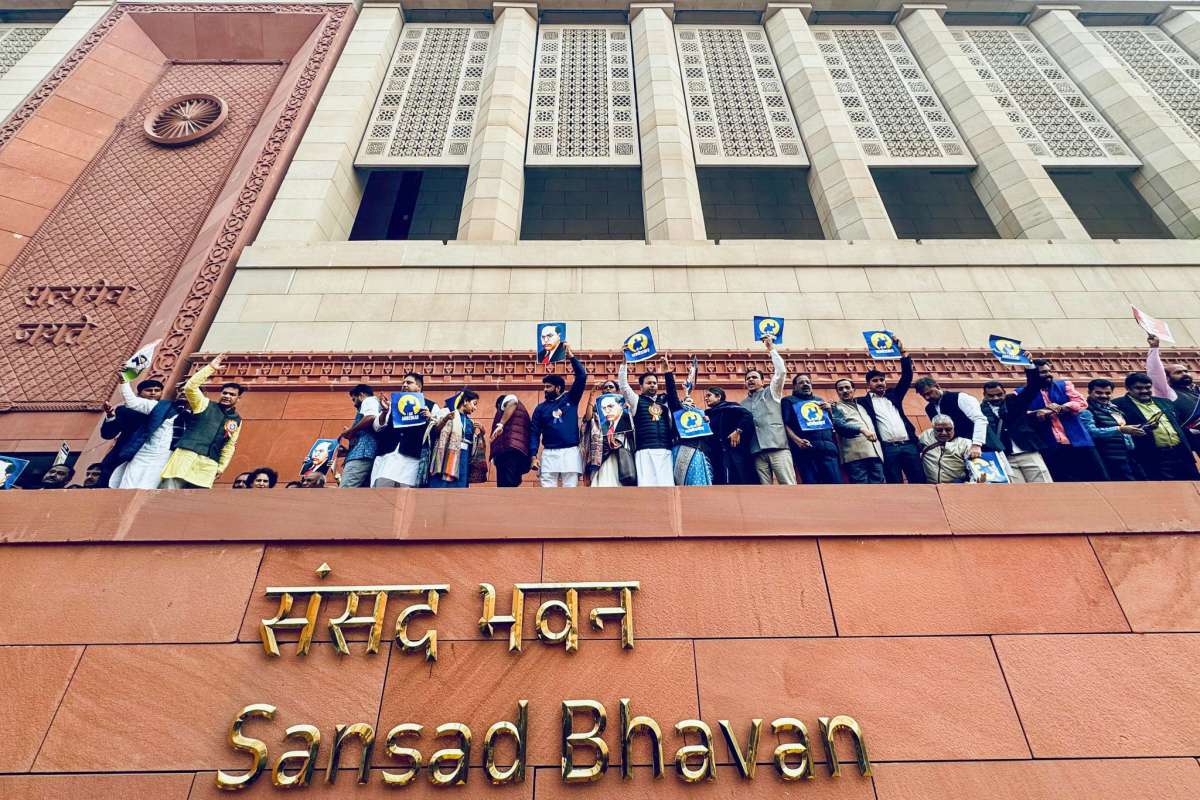More than half of the nearly 100 MPs who have joined the new all-party parliamentary group on fair elections are from Labour, with 43 from the intake elected in 2024…reports Asian Lite News
Keir Starmer is under renewed pressure over electoral reform after dozens of newly elected Labour MPs signed up to a parliamentary group calling for the UK to move to a proportional voting system.
More than half of the nearly 100 MPs who have joined the new all-party parliamentary group on fair elections are from Labour, with 43 from the intake elected in 2024. The group, formed in September, says it is growing all the time, the Guardian reported.
It has released a report, Free But Not Fair, which argues that a change from the distortions of the first-past-the-post electoral system, under which Labour won more than 60% of Commons seats with just a third of the votes cast in July, would help restore trust to politics.
A number of Labour MPs, including many from the 2024 intake, are known to be sympathetic to the idea of electoral reform, an idea to which the party is officially committed after a vote to embrace PR was passed overwhelmingly at its 2022 conference.
While Starmer has previously expressed at least some support for electoral reform, his leadership team have ruled out any immediate action, at least in the first term of a Labour government.
One new MP who has signed up to the group said electoral reform was a common concern among the 2024 intake. “We perhaps have a greater sense of how relevant and salient it is as an issue, how much it is seemingly connected to this growing sense of apathy, of disengagement from politics for many people,” they said.
“I get the argument that we don’t necessarily have the bandwidth to do everything, but much as you’d want to sort out the finances or the buses in a first term, there is also a responsibility to make sure the democratic system is working properly.”
The report, released alongside poll findings by Survation showing that 64% of people believe there is a need to address the electoral system before the next general election, calls for a “national commission for electoral reform” to be set up in 2025 with the task of recommending a replacement for first past the post.
It also calls for new measures to prevent murky campaign financing and to counter disinformation.
With Labour officially committed to PR, the all-party group argues this means that in the new parliament about 500 of the 650 MPs represent parties in favour of change.
Among what it calls the corrosive effects of first past the post, the report notes that despite a high turnover of seats in the July election, any constituencies not being specifically targeted by opposition parties were in effect ignored, giving local voters no meaningful choice.
It points out that it took on average 24,000 votes to elect each Labour MP, 49,000 per Lib Dem, 56,000 for every Conservative MP, 486,000 votes per Green, and 824,000 for every Reform UK MP. Alex Sobel, the Labour MP for Leeds Central and Headingley and a former shadow minister, said: “The popular vote a party needs to win a majority has been steadily falling for decades, and now first past the post has delivered a landslide on just a third of the vote.
“Are we really comfortable with a situation where a party – even an extreme party – can win a thumping majority with, say, just three out of 10 votes? Because if things continue, that’s where we’re heading.”
Ministers should expand the ID that people can use to vote, the elections watchdog has recommended, after a report found as many as 750,000 people might not have voted in the 2024 general election because they lacked the necessary documents.
The Electoral Commission said the government should also look at allowing people without ID to vote if someone who did have proof of identity was able to vouch for them at a polling station.
Its study into the voter ID laws, which were introduced under the Conservatives in 2022 and used for a national election for the first time on 4 July this year, found that an estimated 16,000 voters were turned away from polling stations for lacking ID and did not return, 0.08% of the total number of people who voted.
However, when polling carried out for the research asked people who did not try to vote at all their reason why, 4% said it was because they lacked ID. When the polling included a prompted list of reasons, it rose to 10%.
Given the 60% turnout of Great Britain’s registered electorate of about 47 million people, even 4% of those who did not try to vote because of the ID rules would amount to about 750,000 denied a vote. The study excluded Northern Ireland because it has had its own voter ID laws since 1985.
While the report noted that the 2024 election turnout of 59.8% was the lowest since 2001, it said it was impossible to accurately say whether this was linked to the new rules.
The research found that this phenomenon was particularly prevalent among people from more deprived social backgrounds. There were also signs this was the case for disabled people and those who were unemployed, it said, but not at statistically significant levels.
ALSO READ: Russia-Ukraine war enters the danger zone
ALSO READ: UK Energy Price Cap To Increase By 1.2%
